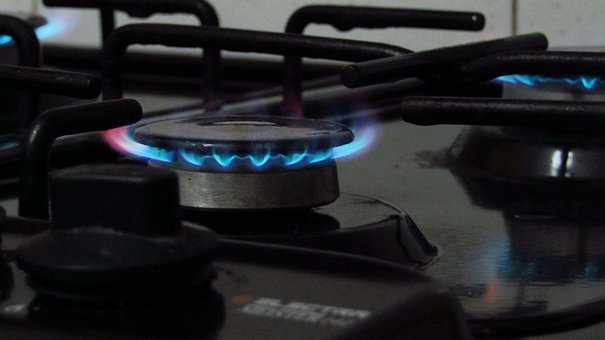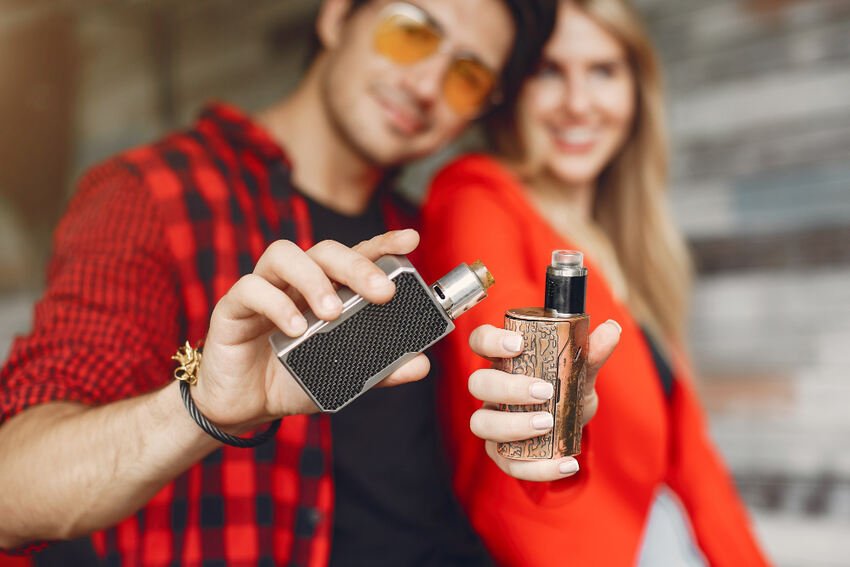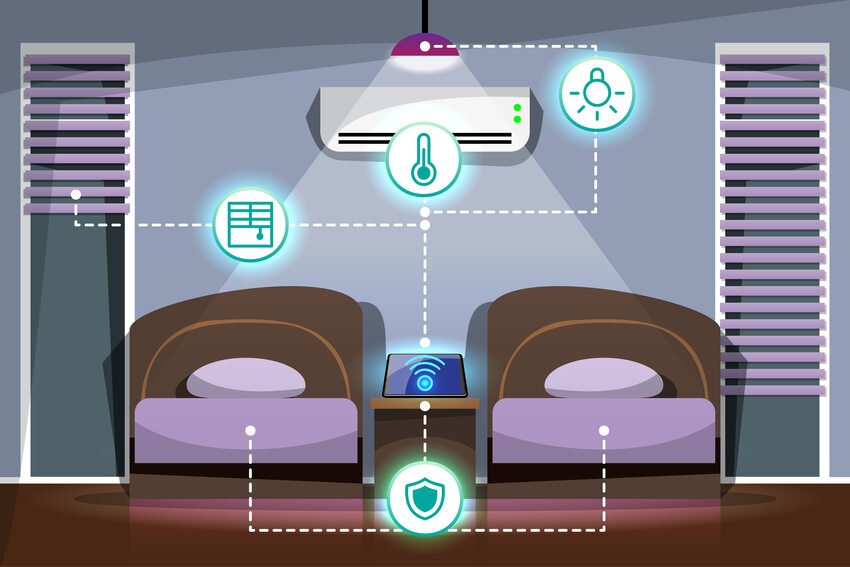The common 45kgs gas cylinder has around 88 liters of gas which runs for approximately 244 days. Various factors affect the longevity of the gas cylinder, such as the usage, number of family members, and various others. The most commonly asked question about how long the gas cylinder will last, but there is no exact answer to this question. It completely depends on the factors and situations that determine the number of days the cylinder will run for a family. The article below will do the math to calculate how long the cylinder might last.
Factors affecting the longevity of gas cylinder
When a person puts in money to buy something, durability, and worth of the money is the basic desire of that consumer. Here we will read how each factor affects the life of a cylinder.
Usage
Usage of your cylinder plays an important role in determining how long it will run. If you use the gas-only for cooking or heating, it will last many days. However, if you use it for cooking, reheating, and heating the water, the cylinder life will reduce drastically. Therefore, always keep a check on the usage of your gas.
Number of family members
A family of four with the LPG gas consumption only for cooking the food and heating the water makes it last for 14-16 weeks still based on various factors like how often the water is heated and how many times the food is cooked. However, if we take the normal three meals a day system, the gas cylinder lasts for about 16 weeks which again varies in different weather conditions.
Utensils and appliances
It does not tickle many people’s minds, but the efficiency of the utensils makes a huge difference in keeping the cylinder run for a longer period. The more efficient your appliances are; the less gas consumption will take place.
Weather conditions
In winters, the gas consumption automatically increases, and it runs for a lesser number of days. For example- If you use the cylinder in extreme cold conditions for cooking and heating water, it might last for only 3-4 weeks. The utensils take longer to heat up as the temperatures are pretty low in winters resulting in increased LPG consumption, hence less time for cylinders.
House insulation and temperatures
When the temperatures of your house are controlled, neither are they very hot or very cold, it helps reduce LPG usage. At a controlled temperature, the appliance heats up at a good speed and stays hot for longer, meaning the gas will not be used for reheating, thus reducing energy consumption.
Other factors include the window size, floor properties, ceiling height, and thermal control settings which assist in reducing or increasing the LPG consumption resulting in variations in the number of days that the cylinder will last.
Let’s do the math
Put in simple words; you should understand that if you are a family of four people with a three-bedroom house, the cylinder’s usage includes water heating, cooking, and reheating; the cylinder will last for approximately 4-6 weeks in the winter season. This time frame will increase upto 10-12 weeks in the summer season because the water heating tendency decreases along with other things. However, if the LPG consumption is only for cooking the food, 88 liters of gas can easily last upto 12 months.
If the house has a water-saving solution, has small windows that won’t let the house’s temperature rise very often, the gas cylinder may run for around seven weeks in winters and 12 weeks in summers. The math here is simple; you can use this to determine the approx run-time for your gas cylinder and even indulge in activities to control the wastage by taking appropriate measures.
Tips for managing your LPG gas consumption
It is natural for gas consumption to increase during the winter season and accordingly vary in other seasons. However, you can use a few tips to control the excess consumption, like use the lid for cooking the food as and when possible, it will reduce excess usage. Ensure that you have a water-saving system installed at your house; if not, try and use the energy-efficient technology on the appliances in your home, such as dishwashers and washing machines.
Final words
There is no accurate answer to how long a gas cylinder lasts as it varies on consumption from one family to another. A family of four may last its cylinder for six weeks in winters, whereas a family of 7 may not be able to pull the cylinder for seven weeks, even in the summer season. The factors vary, the conditions vary, and the consumption rate also varies. However, you may calculate an approximate run-time and always keep a check on your usage, so you do not waste the natural resource and your hard-earned money.
Read Dive is a leading technology blog focusing on different domains like Blockchain, AI, Chatbot, Fintech, Health Tech, Software Development and Testing. For guest blogging, please feel free to contact at readdive@gmail.com.





